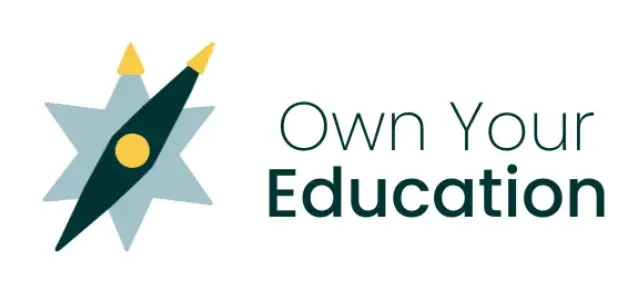Educational Alternatives
When we think of education, we often picture a traditional classroom model, but there are several alternatives that can offer a more personalized approach focused on the needs and interests of children. Here are some options:
Umbrella School
_ Umbrella schools provide administrative and legal support for families who choose to homeschool their children. They provide a registration and reporting system to help meet local educational requirements, as well as provide educational guidance and resources for parents. These schools serve as a bridge between homeschooling and formal education, ensuring that families have the support they need while maintaining the flexibility of homeschooling.
Learning Communities
_ Learning communities are groups of families and educators who come together to share educational responsibilities and resources. These communities promote a collaborative environment where children of different ages learn together, often through projects and hands-on activities. The exchange of experiences and knowledge among members enriches the educational process, allowing for more integrated and communal learning.
Unschooling
_ unschooling is an approach to education where children learn in a self-directed way, following their natural interests rather than a structured curriculum. Parents and caregivers act as facilitators, providing resources and learning opportunities as children explore the world around them. This method values children's inherent curiosity and allows for more fluid learning that is adaptable to their individual passions and pace.
Alternative schools
Alternative schools such as Waldorf, Montessori, Democratic or those that follow the Escola da Ponte philosophy place the well-being and interests of children at the center of the educational process. In these environments, learning is guided by the individual curiosities and needs of children, with activities planned to encourage exploration and discovery. Teachers and facilitators closely observe each child's development, adapting activities to support their emotional, social and intellectual growth.
These educational alternatives offer a range of options for families seeking a more personalized and flexible approach to education, allowing each child to learn in a way that best suits their own style and pace.
